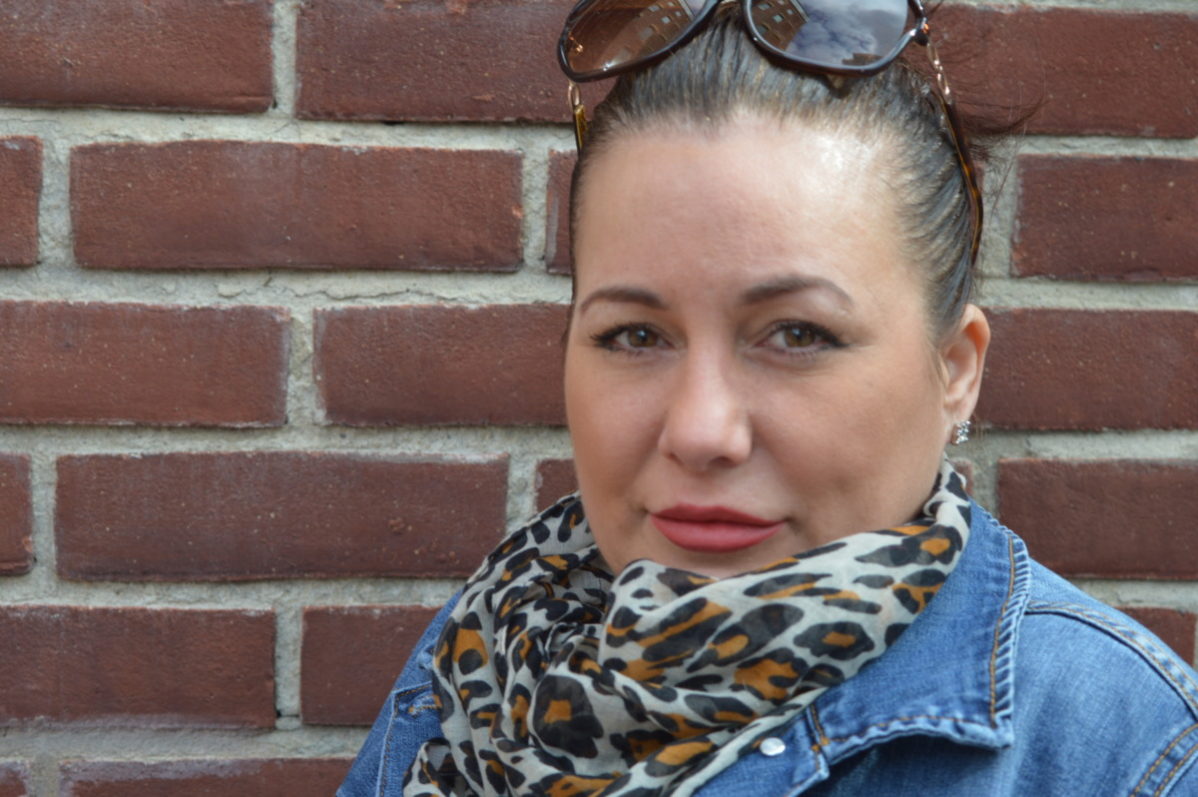George Brown alum Natasha Falle runs an organization against sex trafficking
Natasha Falle describes herself as a hug person, as she giggles and embraces you the first time you meet.
This kind of immediate warmth was not always the way for Falle, a graduate of George Brown College’s assaulted women’s and children’s counselor/advocate (AWCCA) program and Premier’s Award winner for her work in community service.
When she first enrolled at George Brown back in 2001, the sex-trade survivor was totally at odds with getting close to her peers.
“Especially traffickers and pimps, they tell you that people on the outside are squares, and you can’t trust them and they’re going to judge you,” she said.
After a while, Falle said that she realized her classmates, all of whom were women, had similar experiences in the industry as she did. After years of learning to compete with other women, she said that her classmates became a family.
With a decade of experience in the industry, Falle experienced both highs and woes. She said she would make an upwards of $1,000 a night, but would also be drugged and raped on the job by johns.
After 12 years, she left this life behind and moved into her mother’s house in Midland, Ontario.
“Here I am relying on my mother for food, for a roof over my head, for cigarettes,” she said. “I had to humble myself and fight this and knew I was doing the right thing because my life was at risk.”
She credits her time at GBC for allowing her to develop a political voice. And when she founded Sextrade 101, a survivor-led group that helps folks in the sex trade, in 2007 she used that voice.
Sextrade 101 is a haven that provides 24-hour support and resources to sex-trafficked individuals. It is run strictly by a team of women who all have lived experiences in the trade.
“Our organization will be up 4 a.m. in the morning if we have to, to do a midnight move with women,” Falle said.
She said that the organization has been involved in speaking to and training police, including York Regional Police (YRP) and the Toronto Police Service (TPS), on how to engage with human trafficking.
“A lot of police are so used to just arresting right away, they don’t understand that with human trafficking cases, it could take years to gain that rapport,” Falle said.
Falle applauded the work police have been doing against human trafficking, but added that some of the units aren’t big enough to tackle the scale of these crimes, like TPS.
Mark Pugash, the director of corporate communications for the TPS, said the scale of the problem with sex trafficking is a challenge to address.
“We have finite resources, and the size of the organization is decreasing,” he said. “We have to prioritize everything that we do.”
Falle and her team never stopped speaking, and they have maintained connections with several law enforcement services including YRP.
Thai Truong, a detective sergeant for YRP who has worked with Falle, said the challenge with law enforcement is human trafficking victims, who need help the most, but often lie and say they don’t.
“On the face of it, we see one thing, but reality is they’re trapped, so (Falle) helped officers in that regard, training them to understand that not all girls that are there are choosing to be there even if they tell you they are,” said Truong.
Despite all that’s happened to Falle, she wants all sex trafficked survivors to know that they have support, when they’re ready for it.
“If it takes you five or ten years to exit this industry, we are still going to support you the same as we did the first day that you came in,” said Falle.


